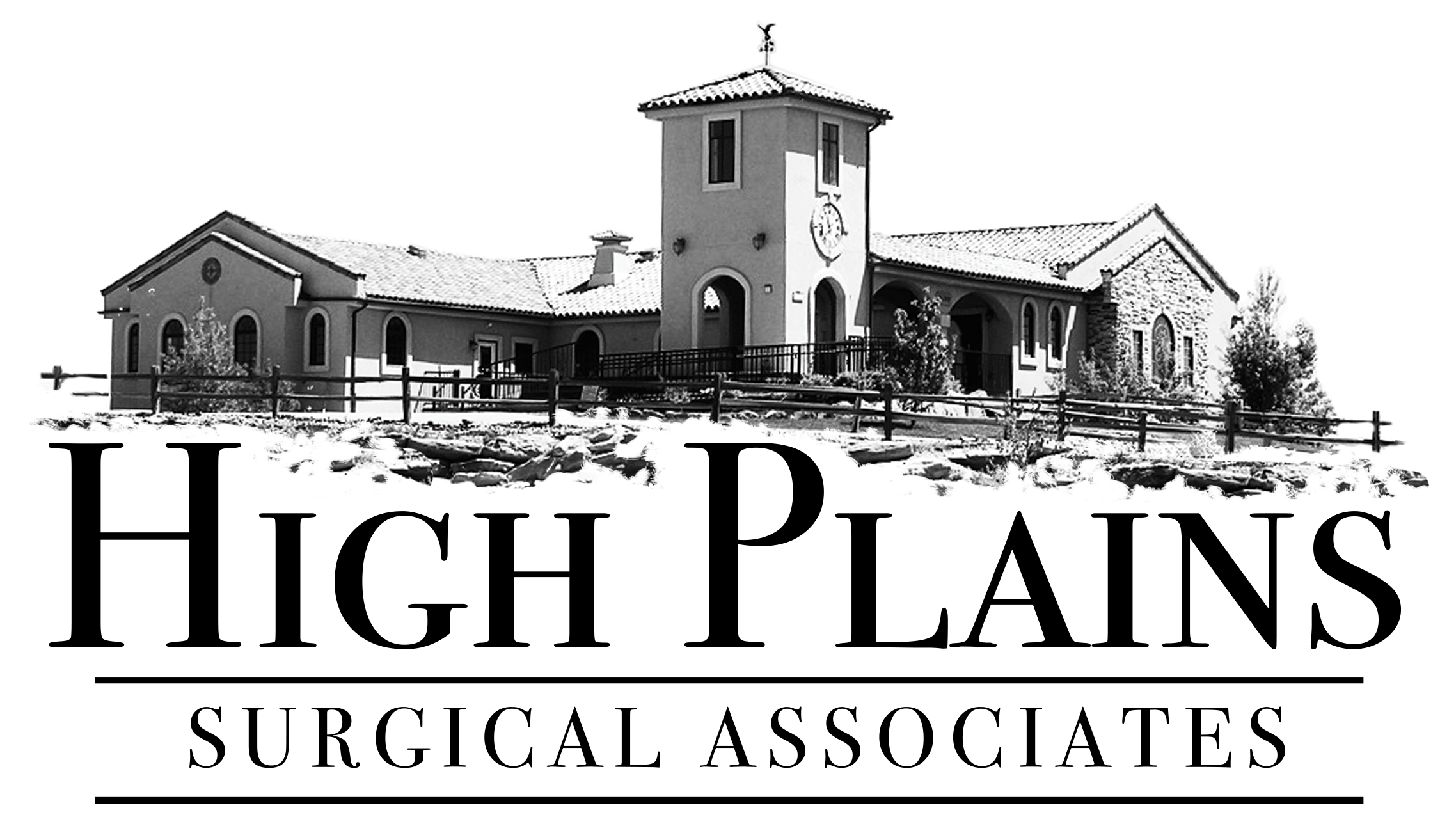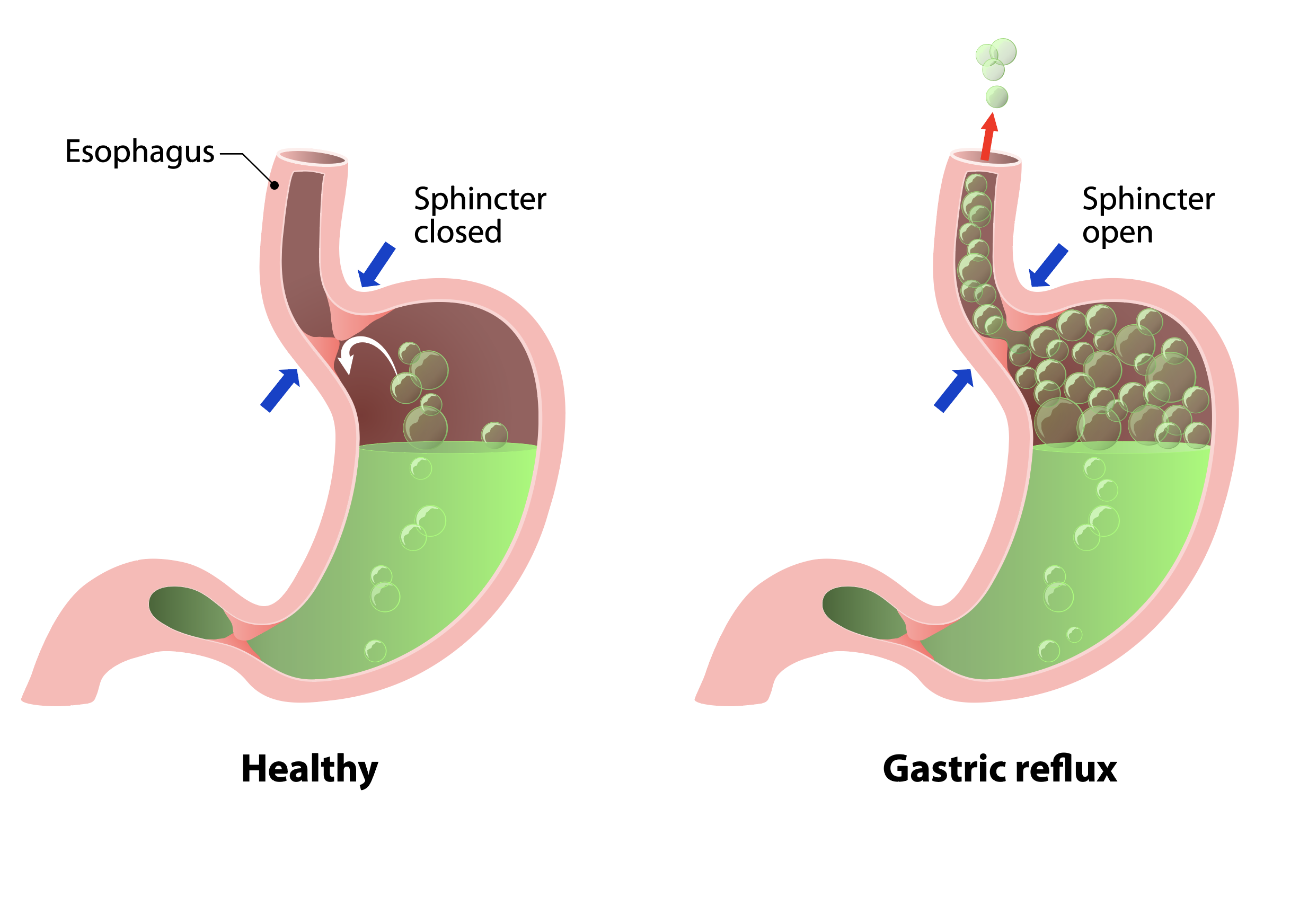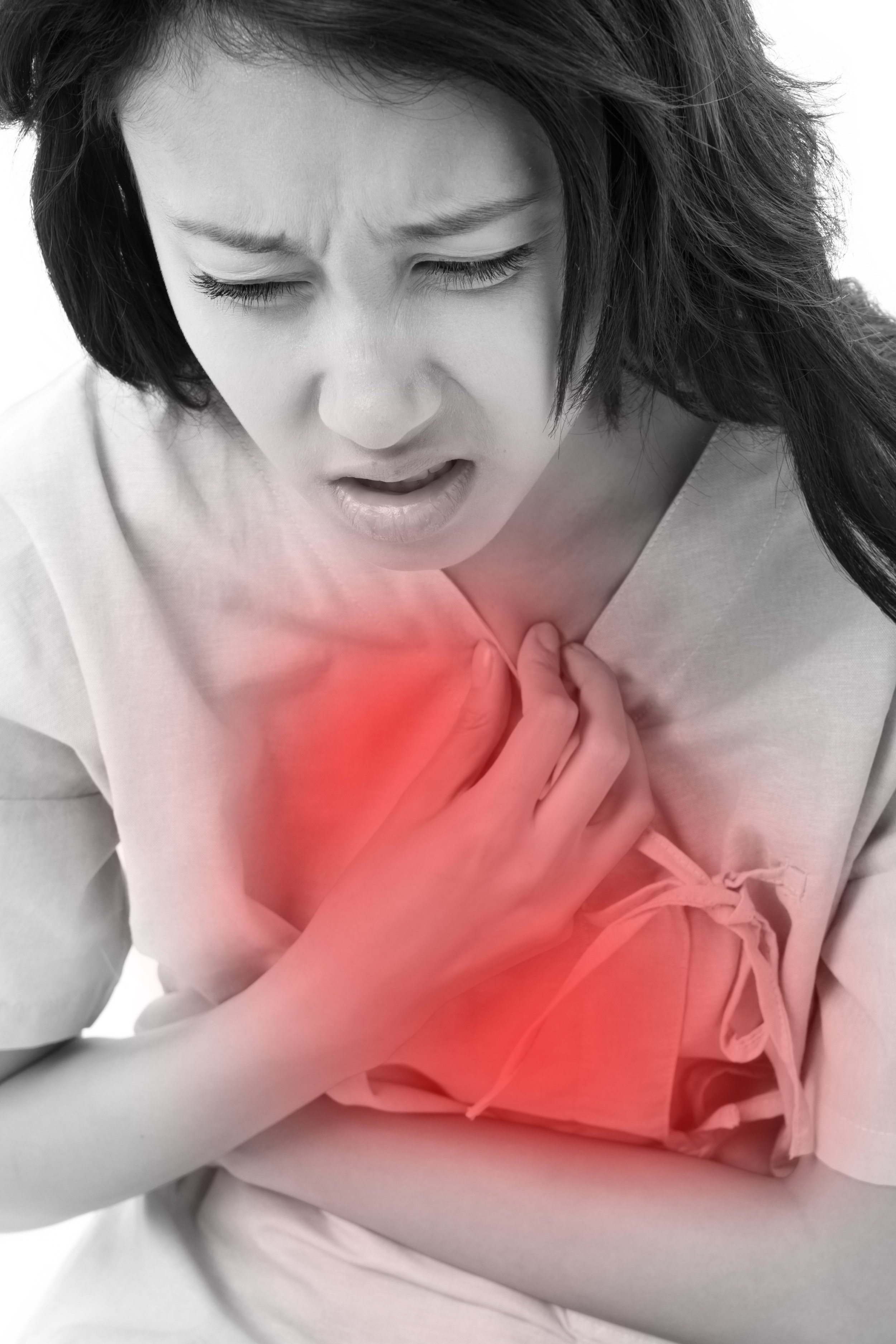Acid Reflux
Also known as gastroesophageal reflux disease GERD, acid reflux can make your life miserable, if not stop you in your tracks. The lower esophageal sphincter functions as a valve at the entrance to your stomach. This valve normally closes as soon as food passes through it. Acid reflux happens when the valve does not close completely or opens too often. This leads to the acid produced by the stomach to move upward into your food pipe or esophagus. Sounds complicated, doesn’t it? But there are many instances around us that prove just how common this problem has become.
The most typical of GERD symptoms is a burning sensation in the chest accompanied by pain. This persistent heartburn can make you very irritable, can cause symptoms similar to asthma, and significant long-term damage to your esophagus. If these acid reflux symptoms occur more than twice a week, you are highly likely to have acid reflux disease.
What Exactly Causes Acid Reflux Disease?
One common cause of acid reflux is a hiatal hernia which is a condition where part or all of your stomach can move above your diaphragm and into your chest. The diaphragm is a muscle that separates the stomach from the chest and helps keep the acid in your stomach. In the case of a hiatal hernia, the stomach acids move up into your esophagus causing heartburn and other symptoms of acid reflux. The other common factors that result in heartburn or acid reflux are:
Smoking
Pregnancy
Eating large meals
Lying down right after having a meal
Being overweight or obese
Snacking or eating dinner close to bedtime
Eating certain foods, such as citrus, mint, garlic, onion, tomato, chocolate, or spicy or fatty foods
Certain medications like aspirin, ibuprofen, muscle relaxers, or blood pressure medications
Drinking alcohol, carbonated drinks, too much coffee, or tea
How to Get Rid of Acid Reflux?
If homemade heartburn remedies, lifestyle modifications, weight loss, and medical management are not controlling adequate, or if you prefer to not be on an antacid pill indefinitely, then you may want to consider surgical treatment. There are several endoscopic options that have been tried over the years with less than optimal long term results. Various surgical interventions were also attempted, but the most effective non-medical treatment of GERD is the Nissen Fundoplication. This is done by creating an artificial valve using the top of the patient’s stomach and wrapping the upper part of the stomach around the lower esophageal sphincter to strengthen it. This, in turn, prevents the acid reflux and the hiatal hernia is repaired concurrently. The procedure is performed laparoscopically through several small incisions the vast majority of the time, though it can be conducted through an open incision as well. Typically the patient stays in the hospital one or two nights before being discharged. If you have any questions about the procedure, please talk to your doctor or make an appointment with High Plains Surgical Associates in Gillette, WY.
Dr. Sara Hartsaw is a Board Certified General Surgeon and is known for providing high-quality care in Northeastern Wyoming. At High Plains Surgical Associates, we are up to date with the latest technology and techniques in surgery and have been providing compassionate care since 1994.



